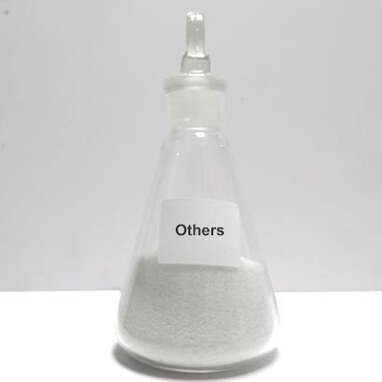In the sugar industry, optimizing production processes is crucial for maintaining competitiveness and profitability. One effective method to achieve this is through the use of drinking-grade polyacrylamide as a flocculant. This versatile polymer enhances bagasse settling and sugar solution clarity, ultimately driving efficiency improvements.

The primary challenge in sugar manufacturing is the efficient separation of sugar from the bagasse. Drinking-grade polyacrylamide significantly enhances the settling of bagasse, allowing for faster processing times. Research indicates that the use of this flocculant can reduce settling time by up to 30%, thereby improving overall productivity.
Utilizing drinking-grade polyacrylamide for sugar solution flocculation results in a clearer sugar extract, which is vital for quality control. Additionally, this enhancement leads to reduced chemical usage, contributing to a more sustainable production process. Studies show a reduction in chemical additives by approximately 20%, benefiting both the environment and operational costs.
In conclusion, drinking-grade polyacrylamide serves as an effective tool for optimizing production efficiency in the sugar industry. By improving bagasse settling and enhancing flocculation, sugar mills can expect greater yields and lower operational costs. Adopting this technology is not merely an operational choice; it's a strategic move towards sustainable growth.
